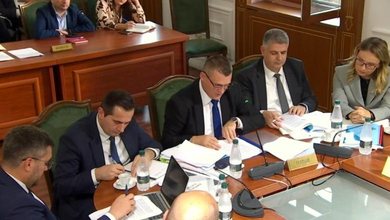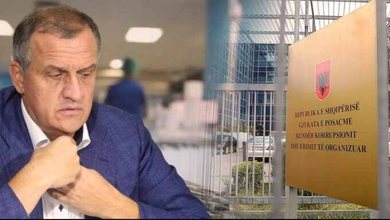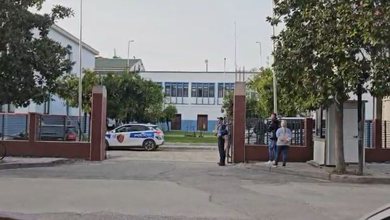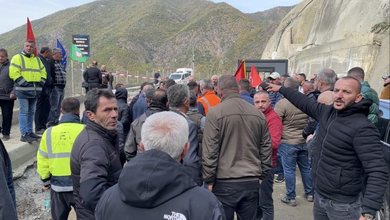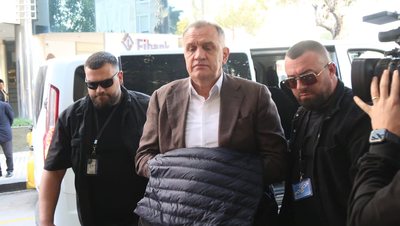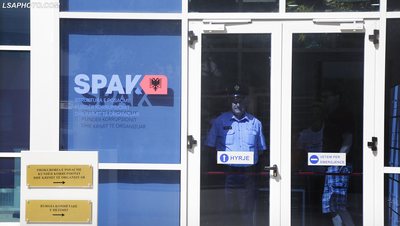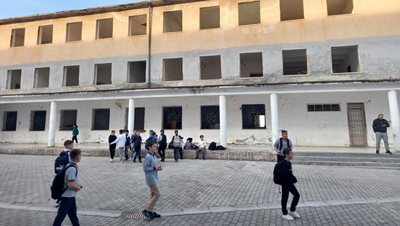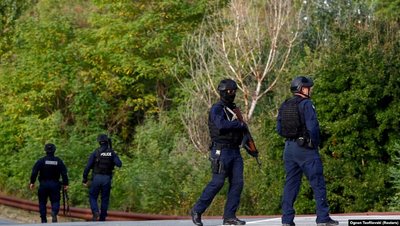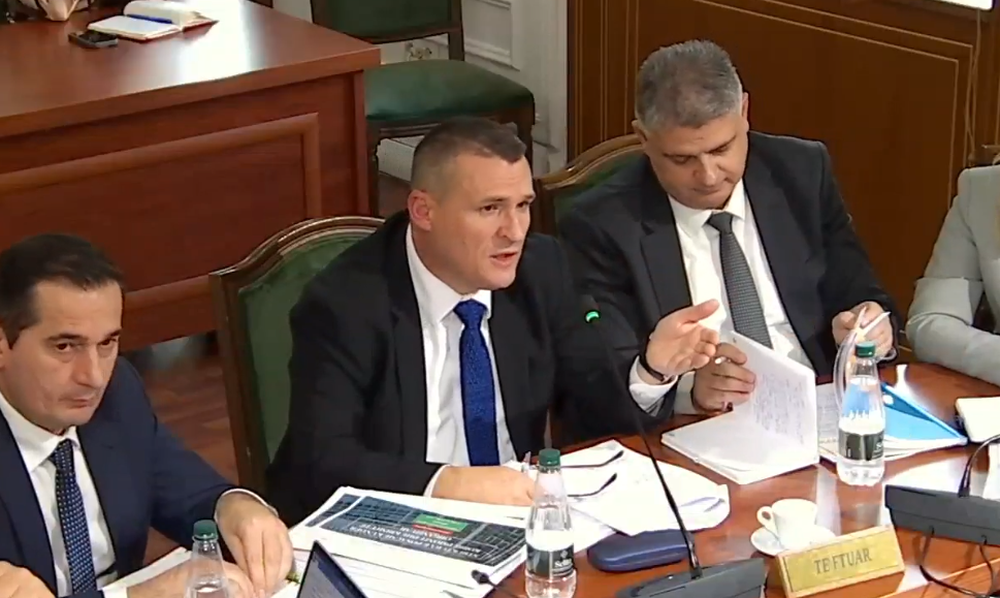
The Head of the Special Prosecution Office Against Corruption and Organized Crime (SPAK), Altin Dumani, presented today the annual report before the Laws Committee, providing a detailed overview of the institution's work for 2024. In his speech, Dumani highlighted the main challenges that SPAK faces, requesting legal intervention and institutional support to guarantee further independence and efficiency.
He expressed concern about external pressures from political factors, the media and organized crime, which he said endanger the integrity of the institution and the work of prosecutors. Dumani called for a coordinated response to protect SPAK and its independence in conducting investigations.
Among the problems raised was the lack of a clear legal definition of the status of prosecutors after the end of their mandate, as well as the lack of legal advisors, which negatively affect the quality of investigations and representation in courts. The low number of referrals from public institutions on corruption and crime issues was also cited as a concern.
Dumani mentioned delays in finalizing the electronic case management system, which is expected to be completed in 2025, as well as the urgent need to establish an analysis unit to support complex investigations and international reporting.
Another highlighted problem was the lack of a legal framework for managing seized assets in the form of cryptocurrencies, noting that there is currently no capacity for their safe storage.
In the field of international cooperation, Dumani called for legal changes to facilitate the recognition and enforcement of foreign criminal decisions, competencies that currently belong to the General Prosecutor's Office. As a positive development, he noted the improvement in cooperation with the United Arab Emirates, where 8 Albanian citizens were extradited in 2025, an important step compared to the problematic situation in 2024.
Dumani also requested a review of the status of international cooperation sector liaison officers, who are currently treated as civil servants, despite the procedural duties they perform, to improve efficiency in this area.


